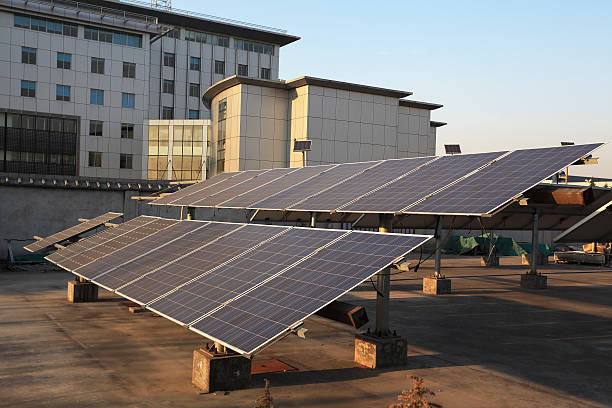Business Electricity: Powering Your Enterprise Efficiently
In today's competitive business landscape, understanding and optimizing your electricity usage is crucial for both operational efficiency and cost management. Business electricity, a cornerstone of commercial power supply, plays a vital role in keeping enterprises running smoothly. This article delves into the intricacies of energy solutions for businesses, exploring various business electricity options and how they can impact your bottom line.

What is business electricity and how does it differ from residential?
Business electricity refers to the power supply specifically tailored for commercial and industrial use. Unlike residential electricity, business electricity often comes with different tariffs, contract terms, and consumption patterns. Companies typically consume larger amounts of energy, often during peak hours, and may require three-phase power for heavy machinery. This distinction allows energy providers to offer specialized plans and services catering to the unique needs of businesses.
How can businesses choose the right electricity provider?
Selecting the right electricity provider is a critical decision for any business. Start by assessing your company’s energy needs, including peak usage times and overall consumption patterns. Research various providers in your area, comparing their rates, contract terms, and customer service reputation. Look for suppliers that offer flexible plans, energy management tools, and potentially renewable energy options. It’s also wise to consider providers with experience in your industry, as they may offer tailored solutions.
What are the different types of business electricity tariffs?
Business electricity tariffs come in various forms, each suited to different operational needs. Fixed-rate tariffs offer price stability, with rates locked in for the duration of the contract. Variable-rate tariffs fluctuate with market prices, potentially offering savings but with less predictability. Time-of-use tariffs charge different rates based on the time of day, incentivizing off-peak usage. Some providers also offer green tariffs, sourcing electricity from renewable sources, which can align with corporate sustainability goals.
How can energy efficiency measures reduce business electricity costs?
Implementing energy efficiency measures is a powerful way to reduce electricity costs and enhance sustainability. Start with an energy audit to identify areas of high consumption. Simple steps like upgrading to LED lighting, improving insulation, and using smart thermostats can yield significant savings. For larger operations, consider investing in energy-efficient machinery or implementing a building management system. Employee education on energy conservation practices can also contribute to overall efficiency.
What role does renewable energy play in business electricity?
Renewable energy is increasingly becoming a focal point in business electricity strategies. Many companies are opting for green energy tariffs or installing their own renewable energy systems, such as solar panels or wind turbines. This shift not only reduces carbon footprints but can also lead to long-term cost savings and improved brand image. Some businesses are even generating excess energy and selling it back to the grid, creating a new revenue stream.
How do business electricity contracts and pricing work?
Business electricity contracts and pricing can be complex, varying significantly based on factors like consumption volume, contract length, and market conditions. Here’s an overview of typical contract structures and pricing models offered by major providers in the United States:
| Provider | Contract Type | Pricing Model | Key Features |
|---|---|---|---|
| Constellation | Fixed Rate | $0.07 - $0.12 per kWh | Predictable rates, energy management tools |
| Direct Energy | Variable Rate | Market-based pricing | Flexibility, no long-term commitment |
| EDF Energy | Time-of-Use | Peak/Off-peak rates | Lower rates during off-peak hours |
| Green Mountain Energy | 100% Renewable | $0.09 - $0.14 per kWh | Certified green energy, sustainability reporting |
| NRG Business | Hybrid (Fixed + Index) | Blended rate structure | Balance of stability and market opportunity |
Prices, rates, or cost estimates mentioned in this article are based on the latest available information but may change over time. Independent research is advised before making financial decisions.
When negotiating contracts, businesses should consider factors such as contract length, consumption thresholds, and any additional fees. Some providers offer customized plans for large consumers, while others may provide bundled services including gas and electricity. It’s crucial to read the fine print and understand all terms before committing to a contract.
In conclusion, business electricity is a multifaceted aspect of commercial operations that requires careful consideration and management. By understanding the various options available, implementing energy-efficient practices, and choosing the right provider and contract, businesses can optimize their electricity usage, reduce costs, and contribute to a more sustainable future. As the energy landscape continues to evolve, staying informed about new technologies and pricing models will be key to maintaining a competitive edge in the market.
The shared information of this article is up-to-date as of the publishing date. For more up-to-date information, please conduct your own research.




